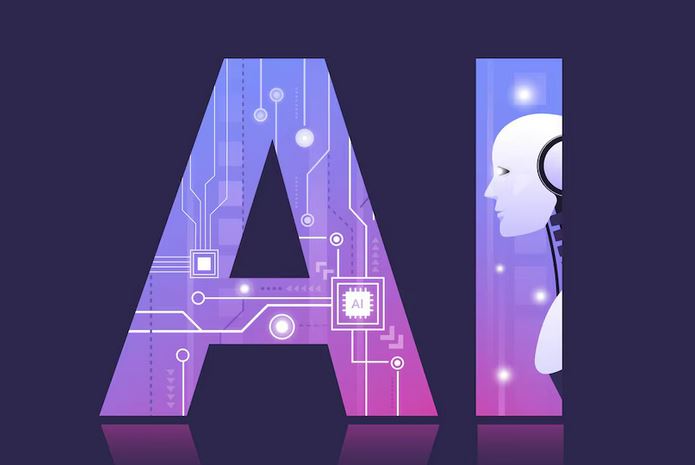News Flash
News Flash

DHAKA, April 17, 2025 (BSS) - The country's first-ever AI-driven design competition, National AI Art-A-Thon, was taken place here with the aim of making AI more representative of Bangladesh's diverse culture and society.
UNDP and Bangladesh Computer Council (BCC) organized the event at the ICT tower in the city's Agargaon under partnership for a more tolerant, Inclusive Bangladesh project, supported by the Royal Norwegian Embassy in Dhaka, said a ministry press release today.
This unique 2-day competition united Bangladeshi art practitioners, professionals, students (including artists, creators, architects, graphic designers, content makers, and other visual artists), technologists, and AI enthusiasts in a dynamic and creative challenge to produce AI-generated artworks that reflect Bangladesh's rich and diverse culture, contributing to the evolving global AI landscape.
Microsoft, the University of Toronto, the University of Cambridge, BacBon Limited, and Peace Maker Studio made joint collaboration for it.
Speaking on the occasion as the chief guest, Faiz Ahmad Taiyeb, Special Assistant to Chief Adviser, Ministry of Posts, Telecommunications and Information Technology, said "our team is advancing key reforms-from data protection to cyber security-while proactively shaping a comprehensive AI policy to ensure its ethical, inclusive, and safe integration in Bangladesh."
"As AI increasingly intersects with the creative sector, preserving the voices of our ethnic communities and cultural narratives becomes a vital ethical obligation. Creativity holds a profound influence over social harmony, making their role in guiding AI's values even more critical," he added.
Mentioning that tech-driven professions such as freelancing and digital entrepreneurship are reshaping Bangladesh's economy, he said, "We remain committed to fostering this momentum."
The Special Assistant said, "As we closely monitor global approaches to AI policy, we urge our tech and creative communities to actively contribute their insights."
He added, "Your engagement is vital in crafting inclusive, ethical AI frameworks that reflect Bangladesh's unique cultural context and ensure technology serves the broader public good."
Stefan Liller, Resident Representative, UNDP Bangladesh, highlighted the UNDP's global priorities on AI innovation.
He said "As AI becomes an integral part of daily life, ethical innovation must serve as a guardian of our national identity."
"Today marks a proud milestone for Bangladesh-not merely adapting to technological change but leading it through a pioneering initiative that ensures our cultural richness is authentically and responsibly reflected in AI," he added.
Shish Haider Chowdhury, Secretary, ICT Division, said the pressing concern with AI today is ethics- not in its use, but in the risk of over-reliance without critical thinking. As AI becomes a common tool for students and professionals, it is essential to guide and question it rather than follow it blindly, he said.
The National AI Art-A-Thon directly addresses this challenge, encouraging participants to engage with AI thoughtfully, recognize its limitations, and understand the importance of ethical use to prevent misuse, he added.
Marianne Rabe Kn'velsrud, Charg, d'affaires, Royal Norwegian Embassy in Dhaka, said as AI evolves rapidly, it is crucial to consider what shapes its development.
He said "The Art-A-Thon addresses this thoughtfully by integrating our culture, values, and pluralism into how we train and interact with AI."
"Bangladesh's rich heritage deserves accurate representation-not only by people but also by machines. With this responsibility, we must ensure AI reflects the diversity and depth of our identity, teaching it to align with the principles that define us," added Marianne.
Md. Faisal Bin Majid, Project Manager, UNDP Bangladesh, presented a brief background of this initiative.
The AI Art-A-Thon attracted over 2,000 initial applications nationwide, ultimately receiving 380 final submissions under two categories: Professionals and Students.
From these, 21 teams were shortlisted for the final phase, reflecting the event's competitive spirit and the rising interest in AI-assisted art among Bangladesh's diverse creative communities.